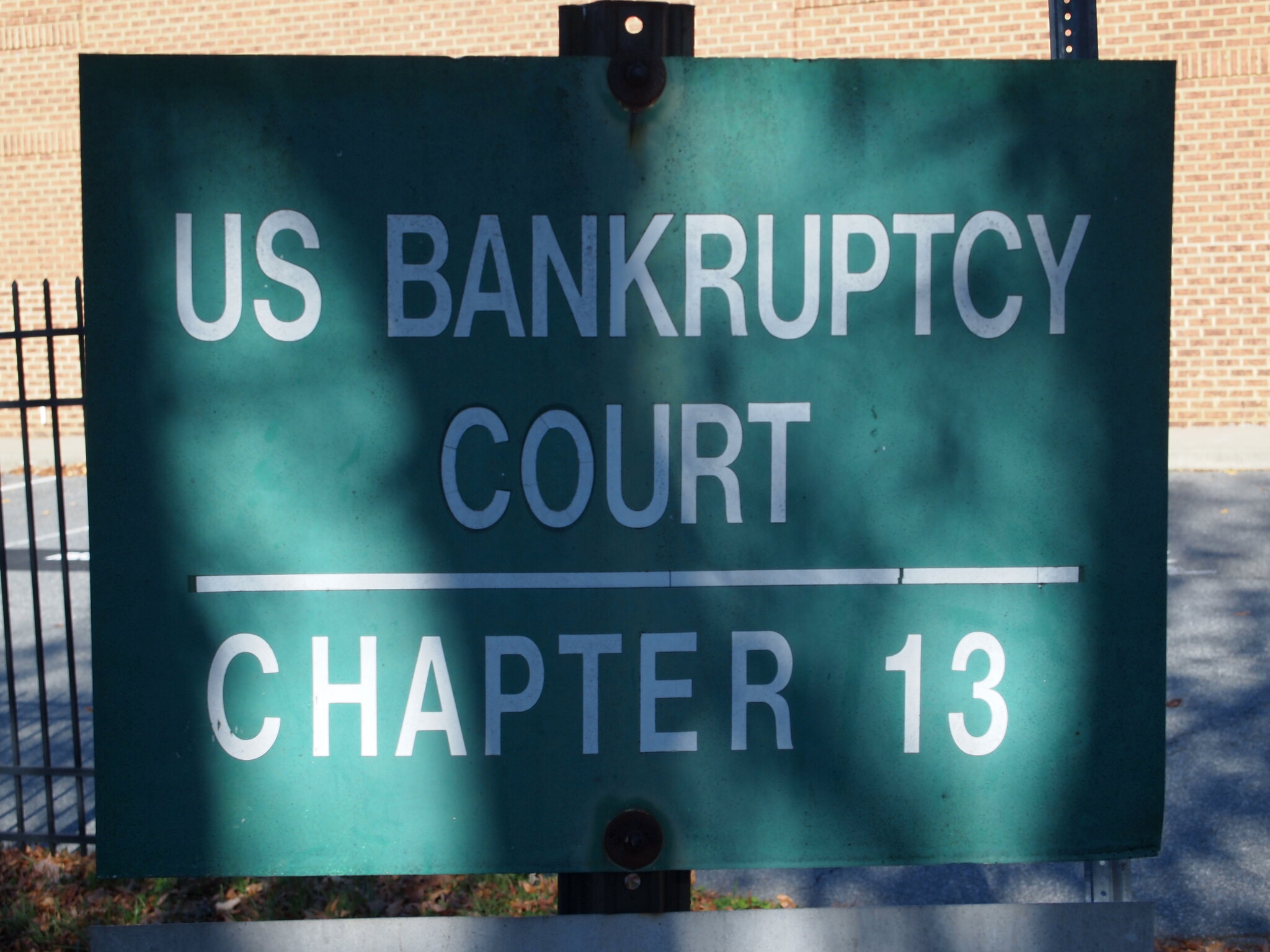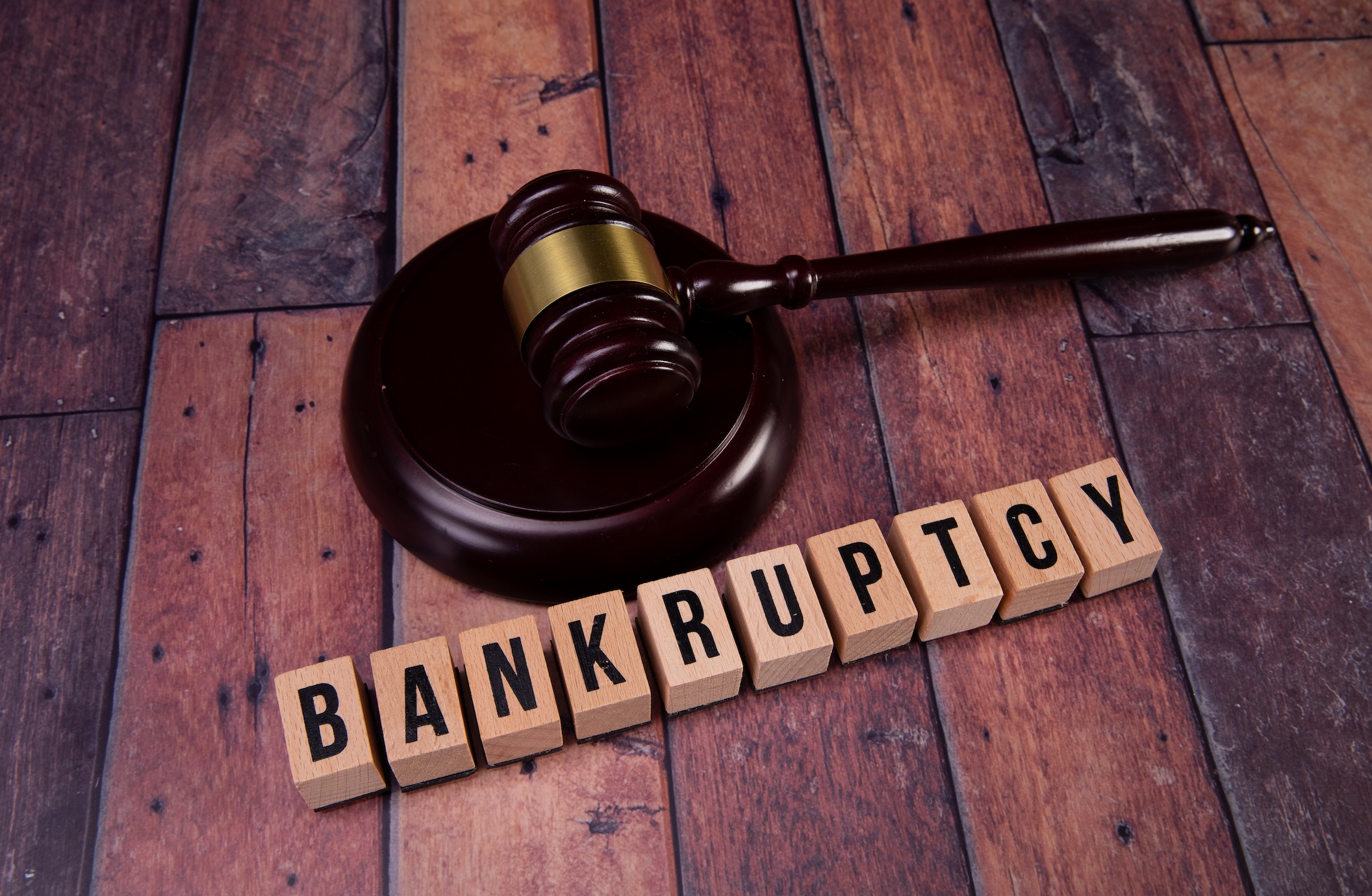Filing for bankruptcy is not a decision to be made lightly. Listen to your lawyers and take the time to educate yourself on legal matters.
Minneapolis, MN – Some fear bankruptcy as they see it as proof of total failure. Others tend to think filing for bankruptcy will take care of all their financial problems. Neither is right, however.
Filing for bankruptcy in Minneapolis is not a sign that you’ve failed. On the contrary, it shows that you have the strength to do what’s right for your family and get a fresh start. Before filing for bankruptcy, you must sit down with experienced lawyers and understand what it implies. Not all debts can be discharged when you file for bankruptcy, so it might not be the right thing to do. Also, you have to consider other options, such as negotiating with your creditors or reducing your expenses.
Types of debt that can be discharged when you file for bankruptcy
Contrary to popular belief, bankruptcy laws are not meant to leave you destitute. They were created to help people get out of a financial mess. As such, many of the debt can be discharged, including:
- Credit card debt
- Unpaid utility bills
- Certain taxes you owe.
Seasoned Minneapolis bankruptcy lawyers point out that, if done correctly, bankruptcy can stop foreclosure on your house, allowing you to catch up on missed payments. At the same time, it can stop car companies from repossessing your vehicle. You may even get it back after it has been repossessed. Obviously, this implies you’ll keep paying your loan on a court-ordered schedule.
Also, if you file for bankruptcy all creditor lawsuits are suspended. They won’t be allowed to harass you and it will stop wage garnishments.
Filing for bankruptcy can help you prevent the termination of utility services or have them restored.
Types of debt that CANNOT be discharged under bankruptcy
Minnesota bankruptcy lawyers with many years of expertise say that they frequently see clients who see bankruptcy as a cure-all. There are several types of debts you cannot get rid of by filing for bankruptcy.
Here are a few examples of debt that cannot be discharged:
- Student loans
- Alimony/Child support
- Court restitution orders
- Criminal fines
Note: Bankruptcy does not protect cosigners on your debts. If a relative or friend has co-signed a loan, they may still have to repay all or part of the loan even if you filed for bankruptcy.
How to choose the right type of bankruptcy?
Under Minnesota laws, there are two types of bankruptcy available to regular folks:
Chapter 7

This is the most common type of bankruptcy in Minnesota. That’s the classical bankruptcy most people have in mind – your assets get sold to cover your debts. That’s one way of putting it, but skilled Minneapolis bankruptcy lawyers can help you keep many of your assets using the state’s generous exemptions. For instance, if you apply for the Homestead Exemption, you’ll be able to protect up to $450,000 of equity in your home. Many get to keep their houses using this exemption. Keep in mind that exemptions do not apply automatically. You have to fill in the forms correctly and apply for them.
Chapter 13
This is known as reorganization bankruptcy and it doesn’t involve selling your assets. When you see a lawyer make sure to bring all your financial documents to see if you qualify for Chapter 13. If your income allows you to use this type of bankruptcy, the court will prepare a 3 to 5 years plan during which you must repay all your debt in monthly installments.
Filing for bankruptcy is not a decision to be made lightly. Listen to your lawyers and take the time to educate yourself on legal matters.


Join the conversation!